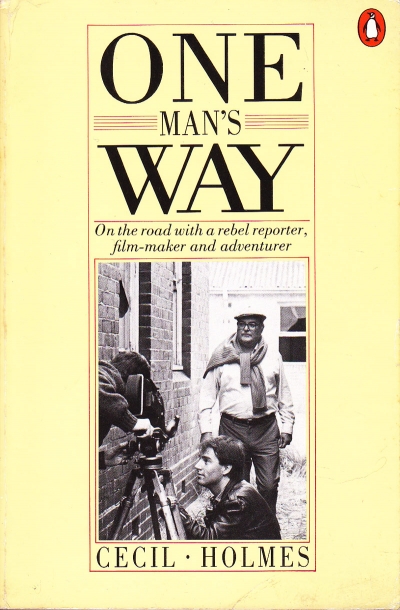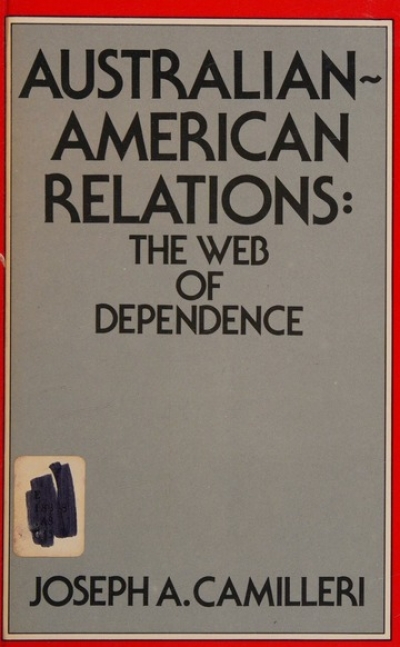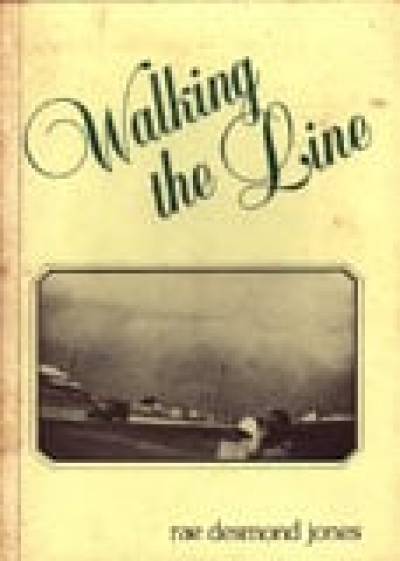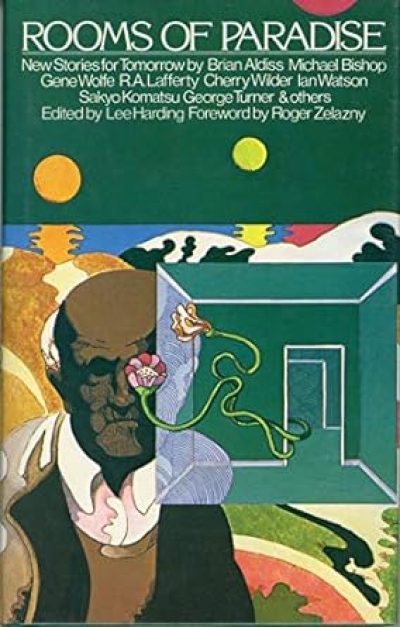Review
THE SYDNEY MORNING HERALD
Ian Hicks, the assistant editor of the Herald, took over the literary editorship after the brief reign of Chris Henning, who went back to work on page one, and the very lengthy incumbency of Margaret Jones. He remains assistant editor, and sees his books job as a short-term ‘appointment. His policy over embargoes on imported books is controversial. Like Valerie Lawson in her heyday at the Times On Sunday, he ignores them, especially if the book can be seen as having ‘some news interest’. Disregard of embargoes quite often drives overseas publishers to airfreight in the entire Australian run of a book and drive up its cost unconscionably. Hicks says he attempts to publish a new poem each week. But Australian fiction and poetry get more lip service than serious attention in the Herald. Often they’re dealt with in job-lot reviews of four books. Recent victims include Robert Gray and Gerard Windsor.
Hicks has employed a number of European expert reviewers, which is a healthy sign, but he relies too much on the old Herald standby of giving an inordinate number of books to ex-editors Pringle and Kepert. Reportedly, he has not changed another of the Herald’s legendary policies – demanding return of reviewers’ copies.
Christopher Pearson
... (read more)







